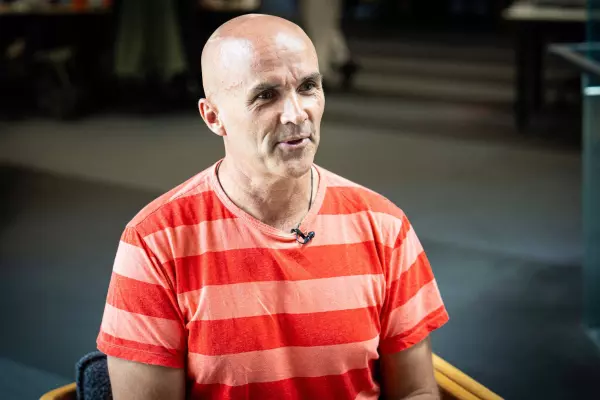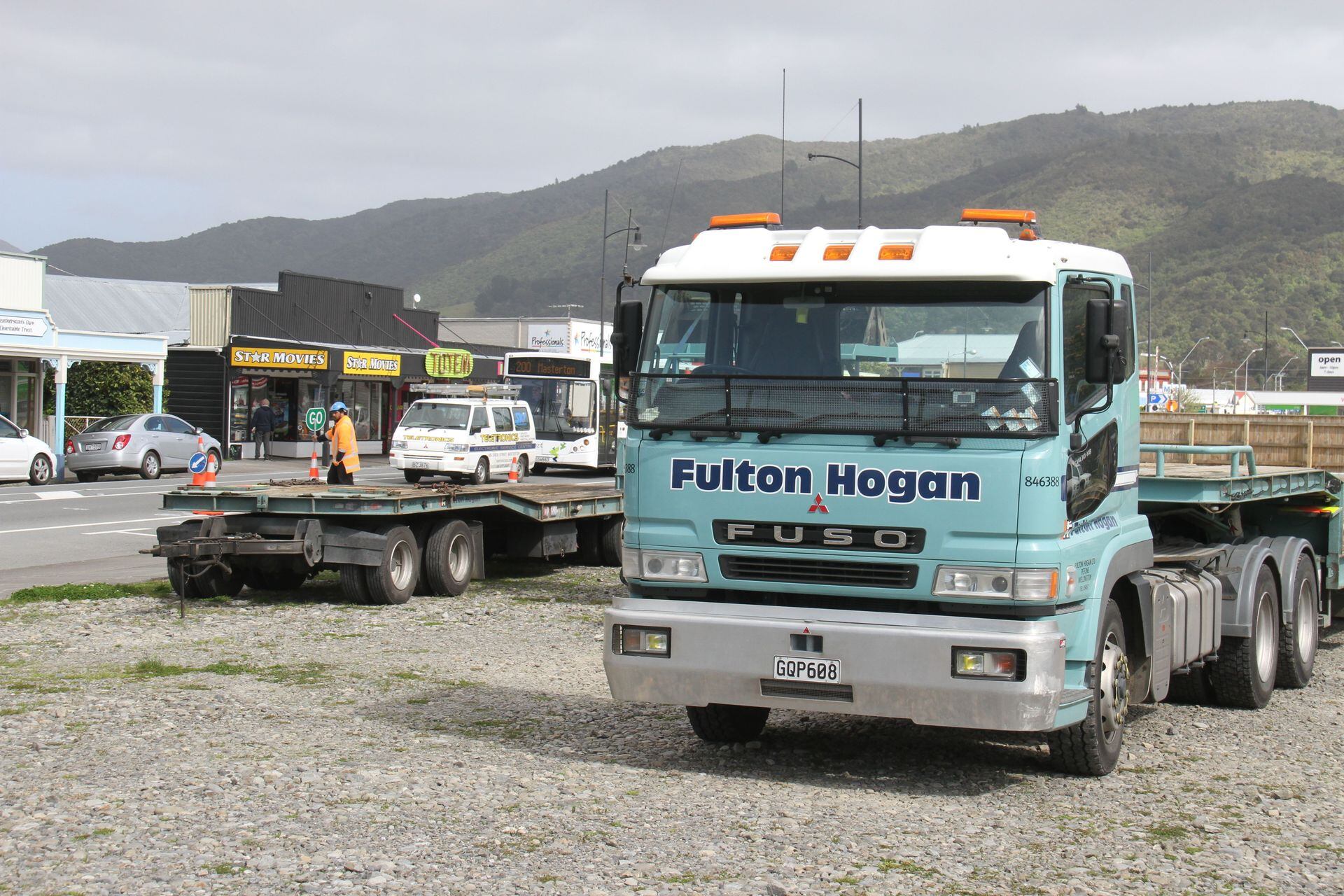The acquisition of Aussie buy now, pay later platform Afterpay to Silicon Valley digital payments company Square has gone down very well across the Tasman.
The announcement of the A$39 billion sale, the largest such transaction in Australia’s history, sent the ASX to a record high and a giddy wave of excitement surging through the tech industry.
Australia’s tech companies, like our own, are very much in the sights of overseas companies that are cashed up and on the acquisition trail.
In the first half of this year alone, US$672b was spent globally on mergers and acquisitions of tech-related companies, a record level of activity.
This year we’ve seen big acquisitions of our own companies – Seequent, Vend, Ninja Kiwi, StarNow and Timely alone netting founders and investors over $2b.
A decade ago this would have generated excitement in our small industry, but also a fair bit of angst at a national level.
Beyond cringing defiance
We used to see big acquisitions funded by offshore companies as squandering our best ideas and talent.
The prevailing view was that we should go global from New Zealand, keeping high-growth tech companies largely locally-owned and operated.
Such commentary surrounded the sale of Navman, Humanware, Endace and more recently wireless charging start-up PowerbyProxi, which was snapped up by Apple.
But thinking has changed.
We’ve seen founders like Rod Drury, Peter Maire and Sam Morgan reinvest their time and money in new ventures that have gone on to be successful in their own right.
There’s also a better appreciation of the fact that an exit to a large offshore player, particularly for software and digital services companies, is often what will allow them to survive and thrive long term.
Sell now, repeat later
Australian entrepreneur and venture capitalist Daniel Petre no doubt mirrored the views of many this week in praising Afterpay for getting out with an astronomical valuation while the going was good.
“The Afterpay guys did a great job in getting to scale ahead of the pack,” he said.
“However, the whole buy now, pay later area is one where there is zero loyalty from either vendors or customers and in the end it was going to be a game of: which BNPL player offered the lowest cost to the vendor, wins.”
The Afterpay acquisition isn’t even bad news for the ASX, where Afterpay is listed, because Square plans to undertake the acquisition using scrip that will be listed on the ASX, using a so-called chess depository interest.
That means the ASX doesn’t see all of Afterpay’s business just disappear offshore and aids in its vision of the exchange becoming a hub for global tech listings.
“It is a big day, I think it is a significant milestone for the public equity market tech sector in Australia, the biggest day that we’ve had in our history,” ASX senior executive Max Cunningham told the Australian Financial Review this week.
Our own exchange, the NZX, has seemingly little chance of replicating that strategy with Xero having already decamped to the ASX and Rocket Lab destined for the Nasdaq.
As my BusinessDesk colleague Brian Gaynor pointed out last month, the NZX had three new listings in the first half of the year, compared to 91 on the ASX.
Our weak domestic sharemarket should be a real concern for all of us, even if it doesn’t particularly limit our high-growth tech companies from getting the capital they need to grow, which is in plentiful supply at the moment.
Afterpay’s two co-founders will each receive A$2.7b worth of Square stock as part of the sale of their Afterpay shares.
As they sell down those shareholdings over time, they’ll have a huge warchest to invest in new Australian ventures, hopefully repeating the cycle.
“The windfall from a big exit puts all previous investors in a privileged position and it’s unlikely that money will sit around for long,” Laura González-Estéfani, founder and CEO of venture accelerator, TheVentureCity, points out on TechCrunch.
They’ll look to reinvest in other high-potential companies — probably ones that look a lot like the one that was just sold,” she writes.
The exit effects
González-Estéfani says there are four key effects when tech companies are acquired for large sums. They can be broken down into competition, wealth, team and reputation.
The sale inspires other entrepreneurs to work harder, to be hungrier for a similar outcome.
It gives founders and investors a return on their investment which they can reinvest in up and coming start-ups.
An experienced team is freed up to attempt to repeat their success with new or similarly disruptive ideas. The reputation of the founders, the team and the investors who backed them all make it easier to gain traction the next time around.
We are now enjoying the ‘exit effect’ here through a growing ecosystem of serial entrepreneurs and serial investors.
Still, how would we greet the news of say, Xero being bought out by its arch-rival, US-based Intuit?
I’ll admit, I’d be a bit sad about our biggest tech success merging with a multinational, just as I was at its departure for the ASX. But It’s probably unlikely, given Intuit’s ability so far to fend off Xero in its home market, and due to Xero’s huge valuation.
But let’s face it, Xero has made its mark, it revolutionised accounting software. Several of its founders and key people already have their eye to the next disruptive ideas.
That’s exactly how it should be and the exit effect helps perpetuate it.













